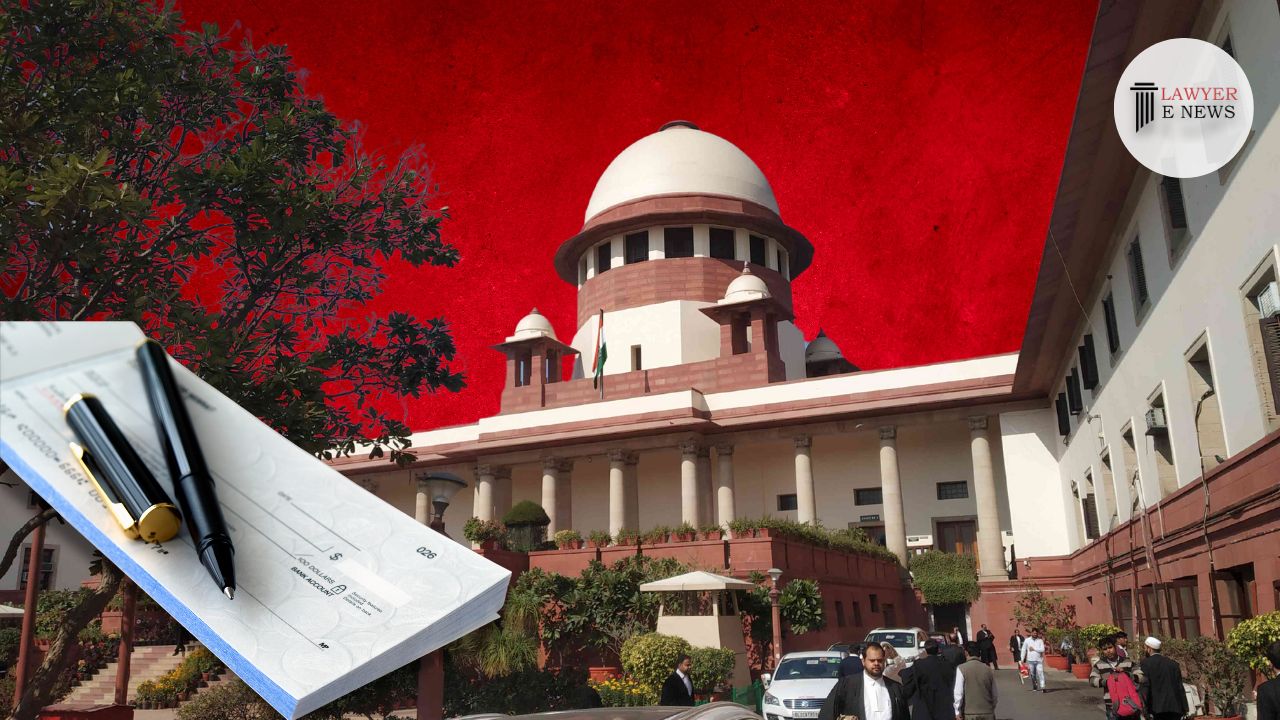-
by sayum
14 February 2026 2:22 PM



"The extra-judicial confession cannot be believed" - Supreme Court
The Supreme Court of India has overturned the conviction of Lal Mohammad Manjur Ansari in a high-profile murder case from 2004, citing significant flaws in the prosecution's evidence. The judgment, delivered by a bench comprising Justices Abhay S. Oka and Ujjal Bhuyan, emphasized the unreliability of extra-judicial confessions and the failure to establish the credibility of key witness testimonies.
Lal Mohammad Manjur Ansari was convicted of murdering his roommate, Mohmed Akhtar Gafur Ansari, following a dispute over playing music. The incident took place on September 6, 2004, in Surat, Gujarat. The prosecution's case relied heavily on the testimonies of eyewitnesses, extra-judicial confessions, and a purported dying declaration made by the deceased. Despite the trial and High Courts' convictions, the Supreme Court found substantial inconsistencies in the prosecution's evidence.
The Supreme Court expressed strong doubts about the extra-judicial confession purportedly made by the appellant to his employer, PW-19 (Mohammad Afroz). "The normal rule of human conduct is that a person would confess the commission of a serious crime to a person in whom he has implicit faith," the bench noted, highlighting the improbability of the appellant confiding in an employer he had known for only five months. Furthermore, the Court found it suspicious that no investigation was made to verify the phone numbers involved in the alleged confession calls.
The court scrutinized the testimonies of several prosecution witnesses who had been declared hostile. Witnesses such as PW-3, the landlord, and PW-24, who claimed to have heard the deceased's dying declaration, provided inconsistent and unreliable accounts. For instance, PW-3 did not corroborate the dying declaration narrative, while PW-24 admitted in cross-examination that the deceased was unconscious when found. The Court also noted the failure to examine key figures like PSI Mishra, whose absence further weakened the prosecution's case.
The Supreme Court found the dying declaration made by the deceased to PW-24 to be unconvincing. The witness's statements were contradictory, and there was no corroborative testimony to support the claim that the deceased named the appellant as his attacker before dying.
In its judgment, the Supreme Court underscored the necessity for consistent and reliable evidence to sustain a conviction. The bench pointed out that hostile witness testimonies cannot be wholly discarded but must be carefully scrutinized for reliability. The Court also reiterated that extra-judicial confessions, especially those not corroborated by other evidence, should be approached with caution.
Justice Abhay S. Oka remarked, "It is unnatural that the appellant would call the deceased on the phone and confess. Moreover, the manner in which the appellant was taken into custody becomes highly suspicious
The Supreme Court's decision to acquit Lal Mohammad Manjur Ansari emphasizes the critical importance of credible evidence in criminal convictions. By overturning the lower courts' judgments, the Court has highlighted the dangers of relying on uncorroborated confessions and inconsistent witness testimonies. This landmark ruling is expected to influence the handling of similar cases in the future, ensuring that the principles of justice and fair trial are upheld.
Date of Decision: July 8, 2024
Lal Mohammad Manjur Ansari vs. The State of Gujarat
